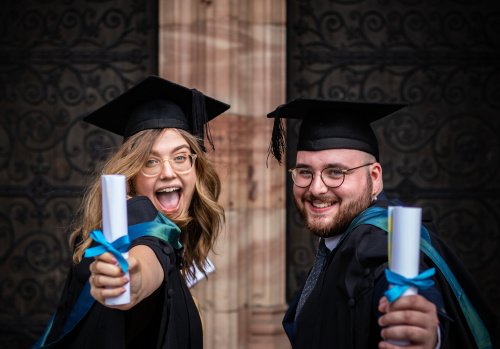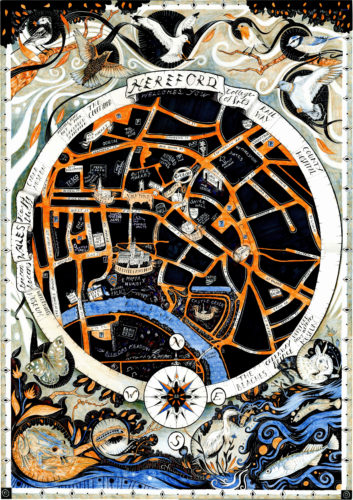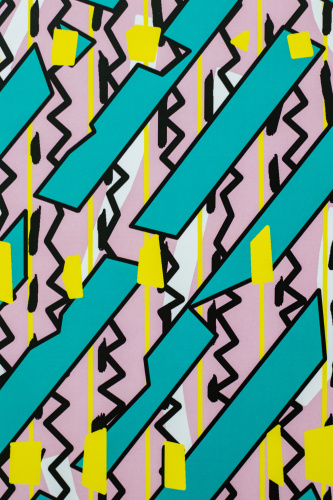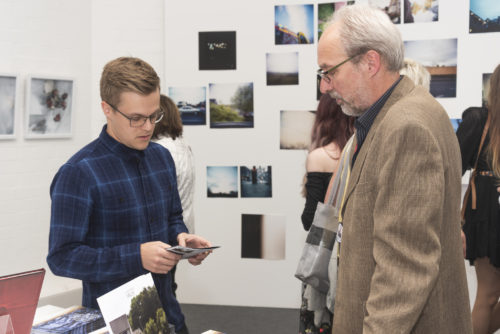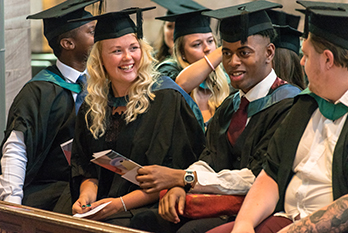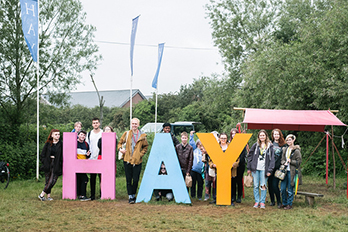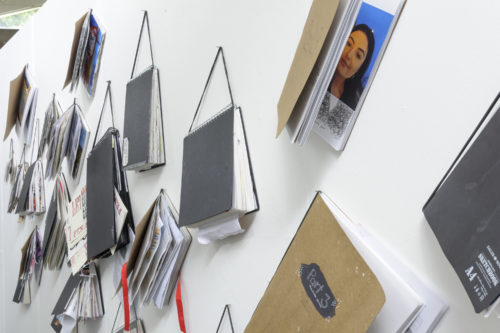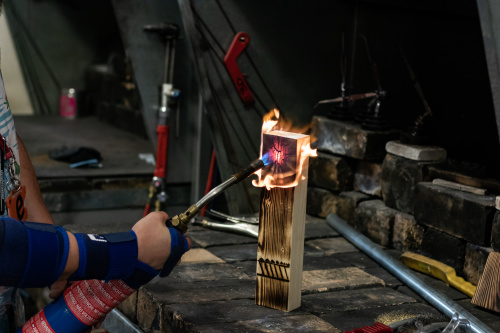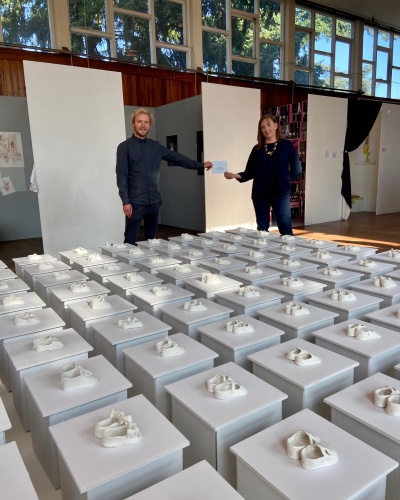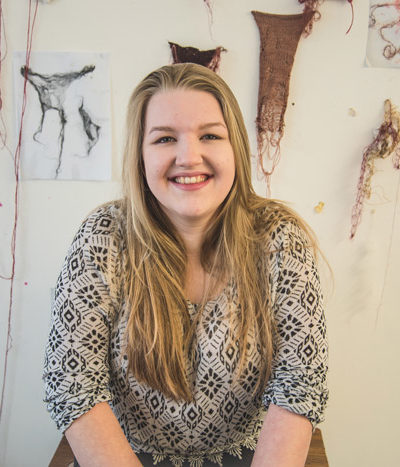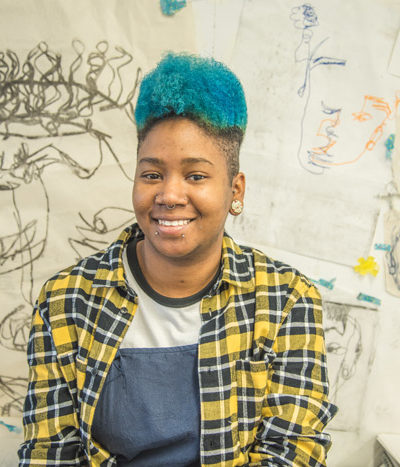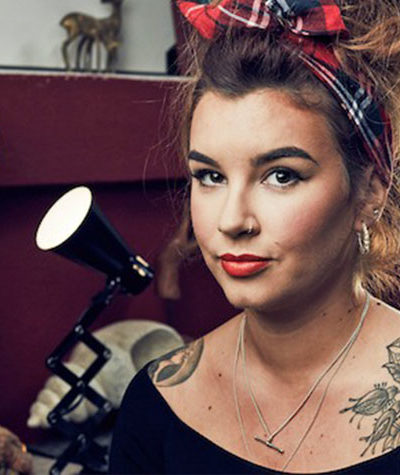The world needs fine art thinkers more than ever before.
The ability to see the world through a unique filter, and then express and communicate this to others is vital in this time of change. It can potentially influence our culture, our mental well-being, politics, and even the economy.
Hear from current students Lauren and Calum
From day one at HCA, you will be an artist, exploring our world and developing your own voice. You will then get to express this through a wide range of media including paint, print, drawing, ceramics, textiles, photography, video, digital, sound, performance, sculpture, and installation. You set your own artistic course and develop a unique body of work by exploring the subjects that excite you most.
Fine Art students at HCA have the creative freedom to explore diverse subjects such as identity, memory, storytelling, place, mark making, or form; or engage with a wide range of social, cultural, or political issues. You’ll also get involved with exciting collaborative events such as exhibitions, residencies, and site-specific responses.
The course has been designed to provide students with the support, technical skills, and confidence to develop their work and meet the challenges of being a practicing artist today. Through group activity, you will develop a strong foundation in communication and collaboration that will help you have impact in the wider arts world.
Explore students work
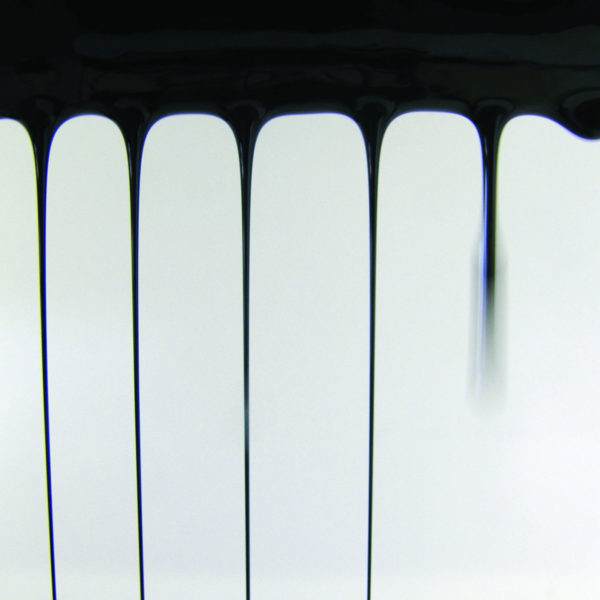
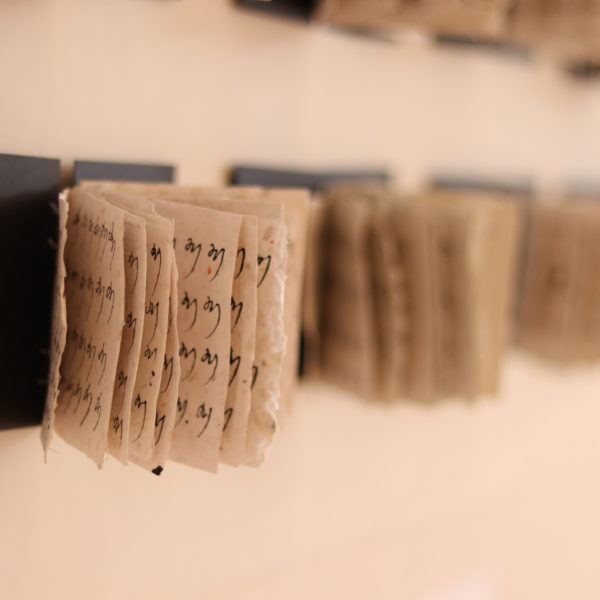
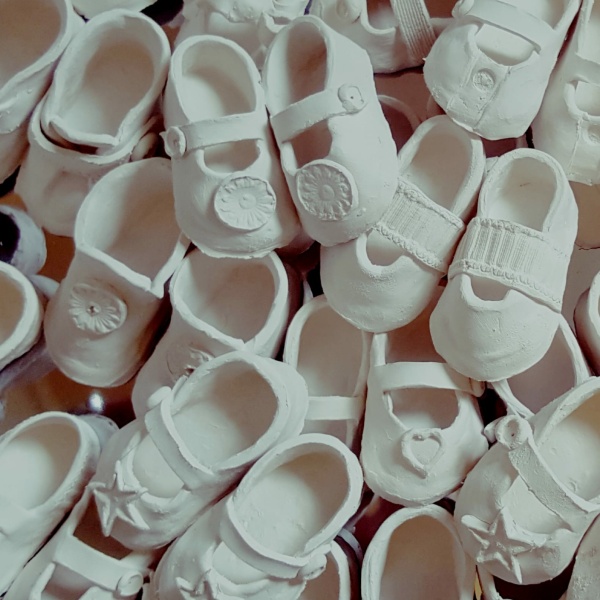
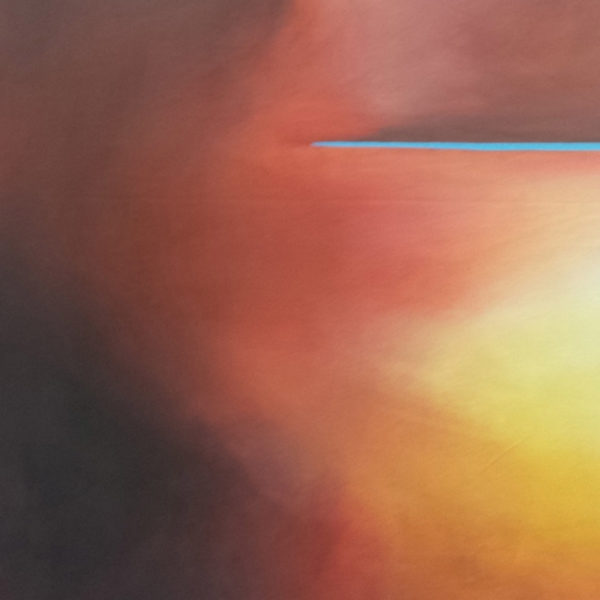
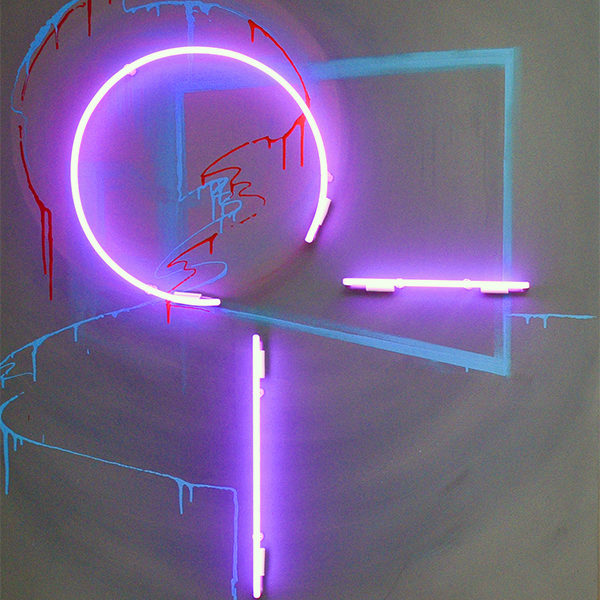
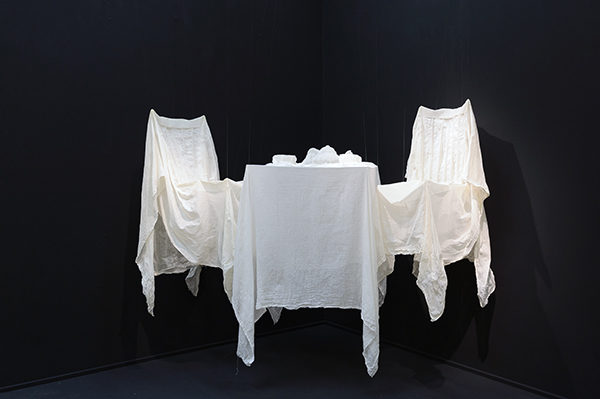
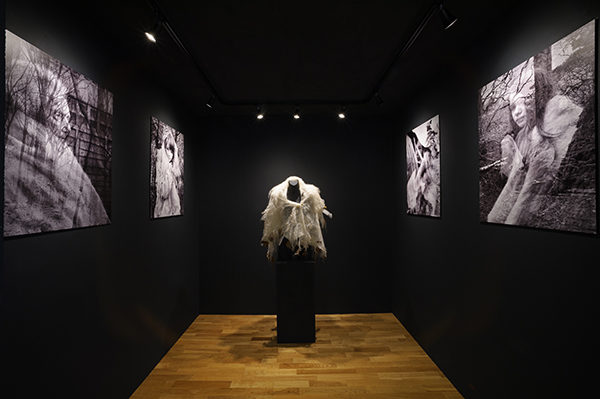
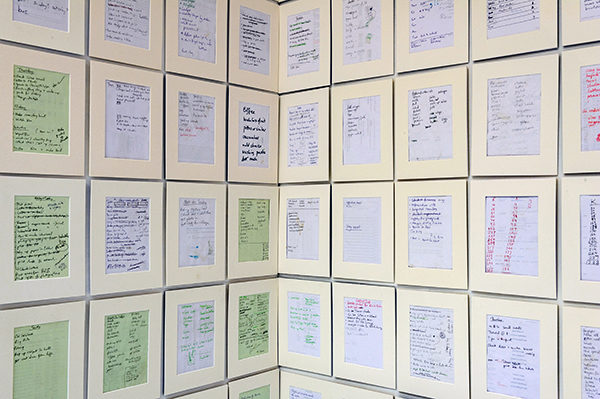
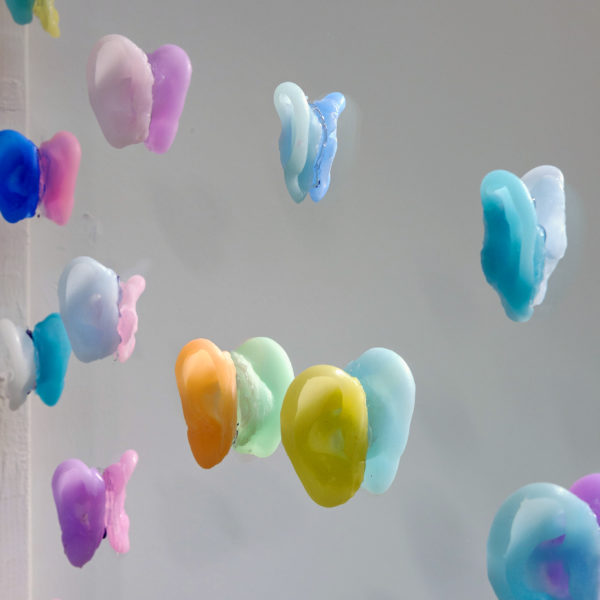
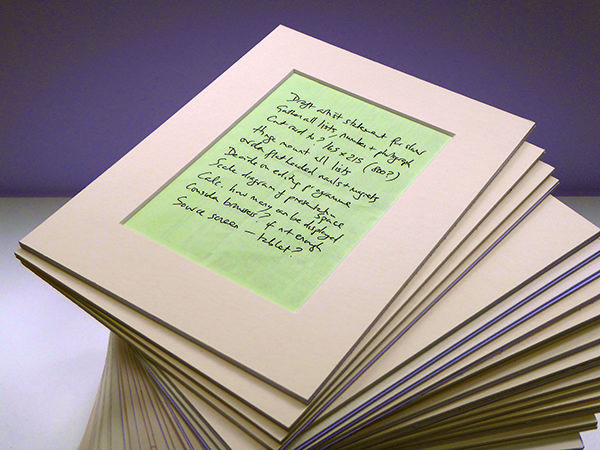
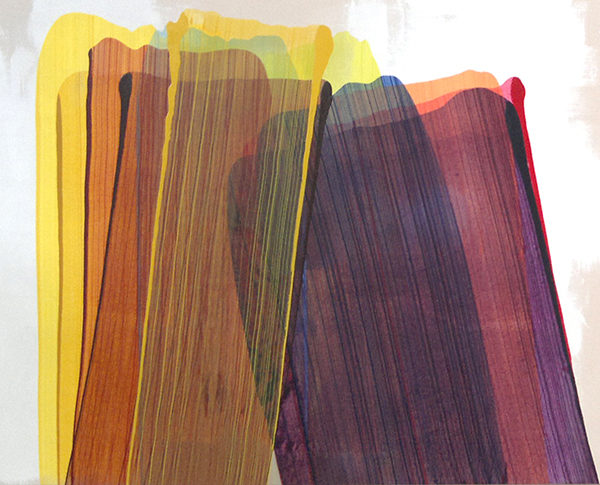
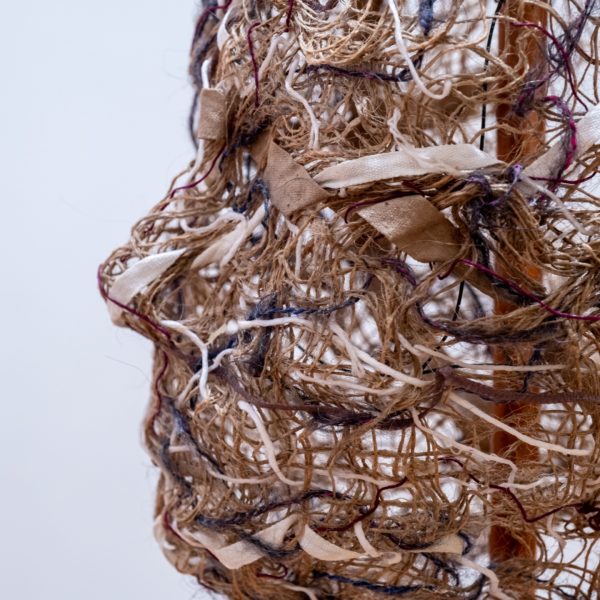












Your Creative Career
Career opportunities for fine art graduates are ample:
- Fine Artist
- Arts Management
- Art Therapist
- Art Teacher/Lecturer
- Gallery / Museum Curator
- Community Arts worker
- Public/Private Commissions
Many of our graduates continue to postgraduate study, such as our MA Fine Art programme, or a PGCE for school, college, or university teaching.
More about the course
Set your own artistic course at HCA and develop a unique body of work by exploring your passions and the subjects that excite you most.
On the Fine Art degree at HCA you will be encouraged to develop a personal approach to contemporary Fine Art practice, free from the constraints of a ‘house style’. We will support you to experiment across a wide-range of media including: paint, print, drawing, ceramics, textiles, photography, video, sound, performance, sculpture, and installation.
HCA students have the creative freedom to explore diverse subjects such as identity, memory, storytelling, place, mark making, or form; you may delve into deeply personal or autobiographical topics, or much broader social, cultural, or political issues. You’ll also get involved with exciting collaborative events such as exhibitions, residencies, and site-specific responses.
We offer small group teaching in a thriving studio environment. Studying in our specialist arts college will make it easy for you to transgress boundaries and produce interdisciplinary work.
Our smaller group sizes allow us to recognise each student as an individual, developing a unique practice. You will be supported in finding your own creative voice through your art practice.
You will have excellent access to tutorial support from experienced practicing artists and curators as well as expert technical assistance. Visiting professional artists will further enrich your learning experience.
Through Critical Studies, you can gain fascinating insights into the subject you love. You will explore your specialism and the work of those you admire. We will help you to see your own practice in context with your peers and predecessors; leading to, not only a deeper understanding of the work of others, but who you are as an artist. The things you discover in Critical Studies will help you answer the question: where do I want to take my arts practice?
We will support you to develop the skills and confidence you need to meet the challenges of being a practicing artist today. Through group activity, you will develop a strong foundation in communication and collaboration that will help you have impact in the wider arts world.
- Personalised individual tuition from experienced practicing artists and curators as well as expert technical assistance.
- Lively studio culture with individual space for every student.
- Weekly collaborative student projects and events in the course’s Project Space.
- Lectures and workshops with professional visiting artists.
- Workshops including 3D, video, photography, textiles, ceramics and print.
- Exciting collaborative events, exhibitions, residencies, work placements, and site-specific projects working with our network of external partners.
- Transformative Art Camp
Sidney Nolan Trust | Meadow Arts | Maylords Orchards | New Arts West Midlands | Canwood Gallery | Queenswood H-Energy | H-Arts | Hereford Cathedral | National Trust
- Successful completion of a UK based level 5 qualification such as a Foundation Degree (FdA) or HND in a related subject (evidence of prior learning will need to be provided).
- Portfolio submission or audition (as applicable) and successful interview.
HCA is an independent arts school surrounded by people who are passionate about the arts, media and performance. Find out more about why you should choose HCA.
Hear from graduate Rae Stevens
Follow this course on Instagram
What you will study
Experimentation
The first year is very much about asking questions. What isn’t drawing? What can’t be landscape? We’re interested in how students think through their response, not in having everybody answering in the same way.
You’ll have an induction into all the college workshops, including ceramics, print, 3D, textiles and photography. Specialist workshops throughout the year will help you to explore a diversity of materials and processes. You will also learn the ICT and research skills you need to tackle assignments in this and subsequent years and begin to understand something of the theory and context of fine art. By the end of the year you will have begun to get a feel for the ideas and materials that excite you and will be able to make choices about your creative path through the second year.
Tutorials, seminars and group critiques will help you develop your reflective and analytical abilities and visiting lecturers will bring a wide range of experiences and perspectives to help you to expand your understanding of fine art practice and to contextualise your own work.
Development
The second year is still about asking questions. As you begin to develop your own practice, you will start to formulate the important questions you want to explore. You will be experimental, curious and take risks as you begin to develop into an informed, skilled, independent practitioner. You will begin to consider more clearly your professional ambitions after graduation and, in the second semester, you will take part in a group exhibition of your work in a commercial gallery. Second year students organise, advertise and curate the exhibition, gaining valuable professional experience.
You will continue to develop your reflective and analytical abilities through tutorials, seminars, lectures from visiting practitioners, and group critiques.
Confirmation
The year begins with an opportunity to re-think, re-open and re-explore your ideas and practice and then to create a substantial body of practical work that confirms and clarifies your ideas and thinking. You will also research and present a focused and extended critical enquiry in an area relevant to your own practice. This research will actively help you to understand and develop your practice-based work. You will also create a highly specialist and professional portfolio of work and relevant promotional materials and a website.
The course culminates in an End of Course exhibition which gives you the opportunity to present your work to a wider audience. There are a number of prizes, exhibition opportunities and residencies offered to graduating students and you will also have the opportunity to meet gallery owners, and other representatives of the creative industries. You will graduate with the knowledge and skills you need to begin your life as a professional contemporary artist.
Tutorials, seminars, lectures from visiting practitioners, and group critiques will continue to help you to more clearly understand the context of your work and to critically reflect on and analyse your own work and that of others.
